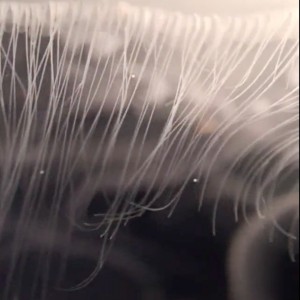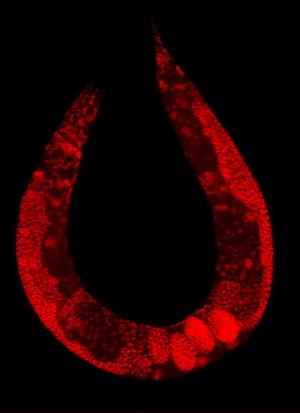Difference between Hermaphrodite and Intersex

Hermaphrodite and Intersex are two types of reproductive conditions in male and females. Both are reproductive characteristics but you need to understand that Hermaphrodite is natural condition while intersex is a disorder. You will find hermaphrodite in animals and plants more often, but when you talk about intersex, it is largely seen in humans. For many years, different myths have been related to humans who have intersex characteristics. These people are not viable for reproduction. Now scientific literature is explaining more about these two different types of conditions and people are becoming more aware as well.
Instructions
-
1
Hermaphrodite
Hermaphrodite is natural reproductive condition in male and females. Hermaphrodites basically carry both male and female characteristics. According to different research, there are numerous leading hermaphroditic invertebrates, but still this phenomenon is more common in animals and plants. Though it is very interesting that one individual acts as a father for one while mother for another. Snails are the best examples of hermaphrodites in this category. Along with other little characteristics, the two main types of hermaphrodite are Sequential and Simultaneous. They are categorised as Sequential and Simultaneous, because the different periods of their sexual activities. Sometimes, one reproduces actively at a particular time while the other remains inactive for that same period. This is a continuous process and it happens when self-fertilization is needed in any plant or animal. Birds and fish are two types in which sequential hermaphrodite characteristics are found more often. On the other hand, earthworms have simultaneous hermaphrodite characteristics.
- Image Courtesy: blog.ocad.ca

-
2
Intersex
Intersex is a disorder in humans. Unlike, birds, fish and earthworms etc, if you find one individual to be a father for one and a mother for another at the same time, you will call this condition a sexual disorder. XY and XX is considered normal chromosome genotype in male and females, but if this string changes for some reason, it will result in altered human reproductive characteristics. The process involves in genital ambiguity and sexual phenotypes. Intersex conditions also depend upon an individual’s age. Most cases are discovered at birth but it can also appear a little later in life as well. For example, as someone gets older, he or she discovers this new identity. Androgen Insensitivity Syndrome (AIH), Congenital Adrenal Hypoplasia (CAH) and Turner Syndrome (TH) are some of the main common intersex disorders.
- Image Courtesy: bodieslikeours.org








